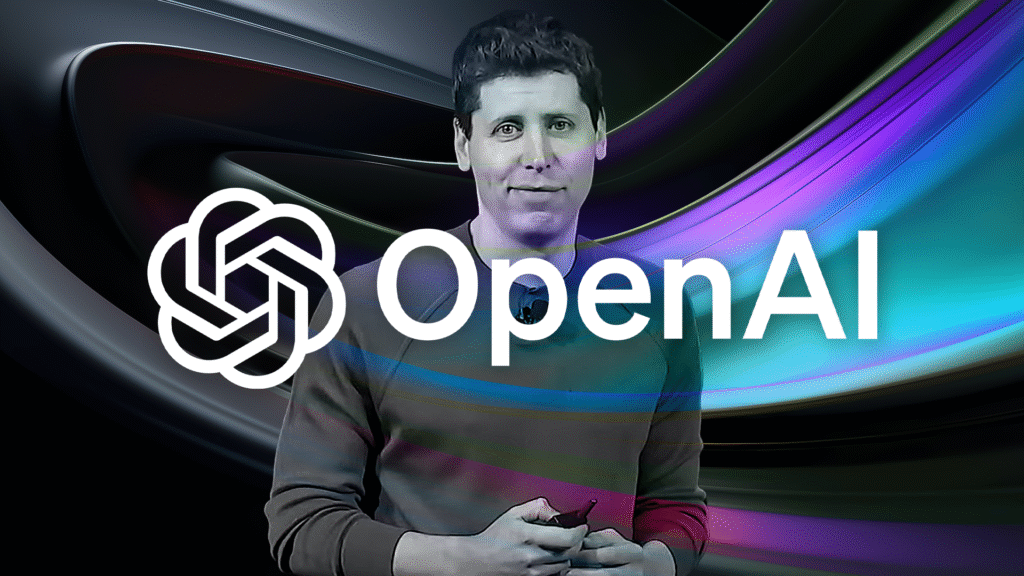
OpenAI has announced plans to restore access to GPT-4o for paying subscribers following significant user backlash after the launch of GPT-5. Customers expressed dissatisfaction with the abrupt discontinuation of previous models and the perceived decline in answer quality from the new version. The company’s Chief Executive Officer, Sam Altman, acknowledged these issues and committed to addressing them promptly.
Less than 24 hours after the launch of GPT-5, users flooded social media with complaints, particularly regarding the limitations imposed on previous models like GPT-4o. Many felt that they were losing access to familiar tools they relied on. In response to the uproar, OpenAI has stated that it will allow subscribers to use GPT-4o while it evaluates how to maintain support for older models moving forward.
In addition to restoring GPT-4o access, OpenAI plans to enhance the experience for GPT-5 Plus users by doubling the limits on usage after the initial rollout. The company also intends to implement transparency measures to improve user control over model selection. Future updates will include a feature that clearly indicates which model is generating responses, along with an updated user interface designed to simplify the process of selecting the desired “thinking mode.”
OpenAI’s efforts to rectify these shortcomings come after a rocky introduction of GPT-5, which could potentially impact its competitive standing in the fast-evolving AI landscape. Rival companies, such as Anthropic and Google, are positioning themselves as viable alternatives, which adds pressure on OpenAI to regain user trust.
The introduction of the “carWitcher” feature, intended to automatically switch between models based on user prompts, has encountered functionality issues. This has further complicated the rollout, leading to dissatisfaction within the user community. The company hopes that by addressing these concerns and improving functionality, it can restore confidence in its offerings.
By responding directly to user feedback, OpenAI seeks to recover from the initial challenges faced with GPT-5. The changes aim to provide users with a more controlled and informed AI experience, reinforcing the company’s commitment to customer satisfaction in a highly competitive market.







